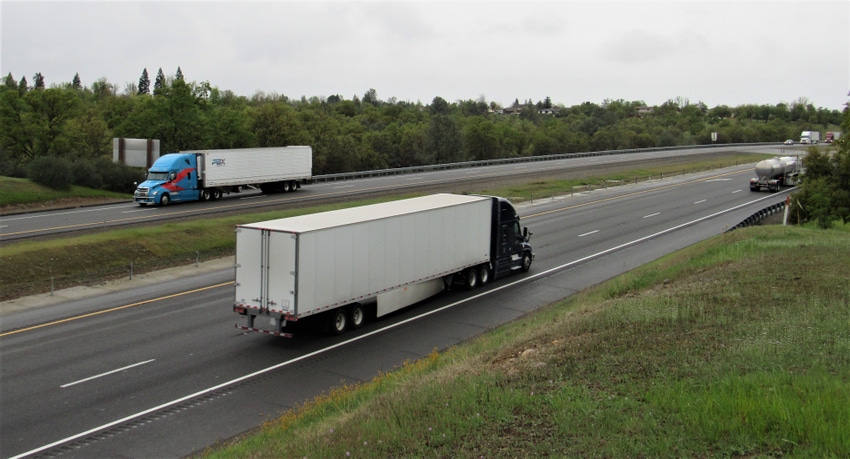
Farms that use outside laborers for harvest, pesticide applications and other activities should enter business-to-business contracts with the workers to comply with California’s new “gig” law, a labor attorney advises.
Under the new law that treats many independent workers as employees, a farm can still hire another business to handle needed tasks with the workers acting as employees for the company providing the service.
Many farm labor contracts already operate in this manner, but a gray area arises when an individual is providing services on his or her own, even on a seasonal basis. In those cases, it’s important to define the relationship within a contract between two businesses, says Ann Grottveit, an attorney with the Hanford, Calif.-based Kahn, Soares and Conway, LLP.
The contractor should be formally established as a sole proprietorship, partnership, limited liability company or partnership, or corporation; advertise and offer services to multiple clients; and maintain a separate business location, she advises.
“If they’re working on their own, it’s time to review that relationship to see what they are doing to continue that relationship,” Grottveit said during a recent webinar.
ABC test established
Gov. Gavin Newsom signed Assembly Bill 5 in September, codifying a recent California Supreme Court decision that a person providing labor or services should have the rights and benefits of an employee unless the person meets a three-part test.
Under the so-called “ABC test,” the worker must be:
Free from the control and direction of the hiring entity in performing the work;
Doing work that is outside the usual course of the business; and
Customarily engaged in an independently established trade, occupation or business.
While it was intended to address the status of workers for so-called “gig economy” companies such as Uber and Lyft, the law is having a significant impact on agriculture as farms and other businesses are forced to reclassify some workers as employees or come up with other arrangements. Making the workers employees means they will be eligible for minimum wage, health care and overtime protection.
Numerous legal challenges and efforts to roll back parts of the legislation have been underway, although their momentum was put on hold by the COVID-19 outbreak. In one case, the California Trucking Association won an injunction against the law for the trucking industry, but that case is on appeal.
“The courts are closed at this point, so we don’t anticipate activity for a couple of months,” Grottveit said.
Changes proposed
Efforts to change the law legislatively include the Independent Worker Rights Act of 2020, which would create a separate class for those who choose independent work and include minimum wage and occupational accident coverage, Grottveit said. Meanwhile, Uber and Lyft are gathering signatures to place a referendum on the November ballot.
“It seemed like a done deal that they were going to get on the ballot before the COVID-19 shutdown,” Grottveit said. “There’s a constitutional deadline.”
For trucking needs, farms that own trucks use their employees to drive them, and the use of a trucking or dispatch company can qualify as a business-to-business relationship, she said. But independent truckers who lease their services and trucks and lack independent operating authority don’t qualify for the business-to-business exemption, she said.
“This is a good way to start thinking about how you analyze your business relationships,” she said. “What we really want to see is a written contract (establishing) that they are a business entity with a separate location from the business itself, that they advertise and contract with other businesses and that they have their required business registrations.”
About the Author(s)
You May Also Like






